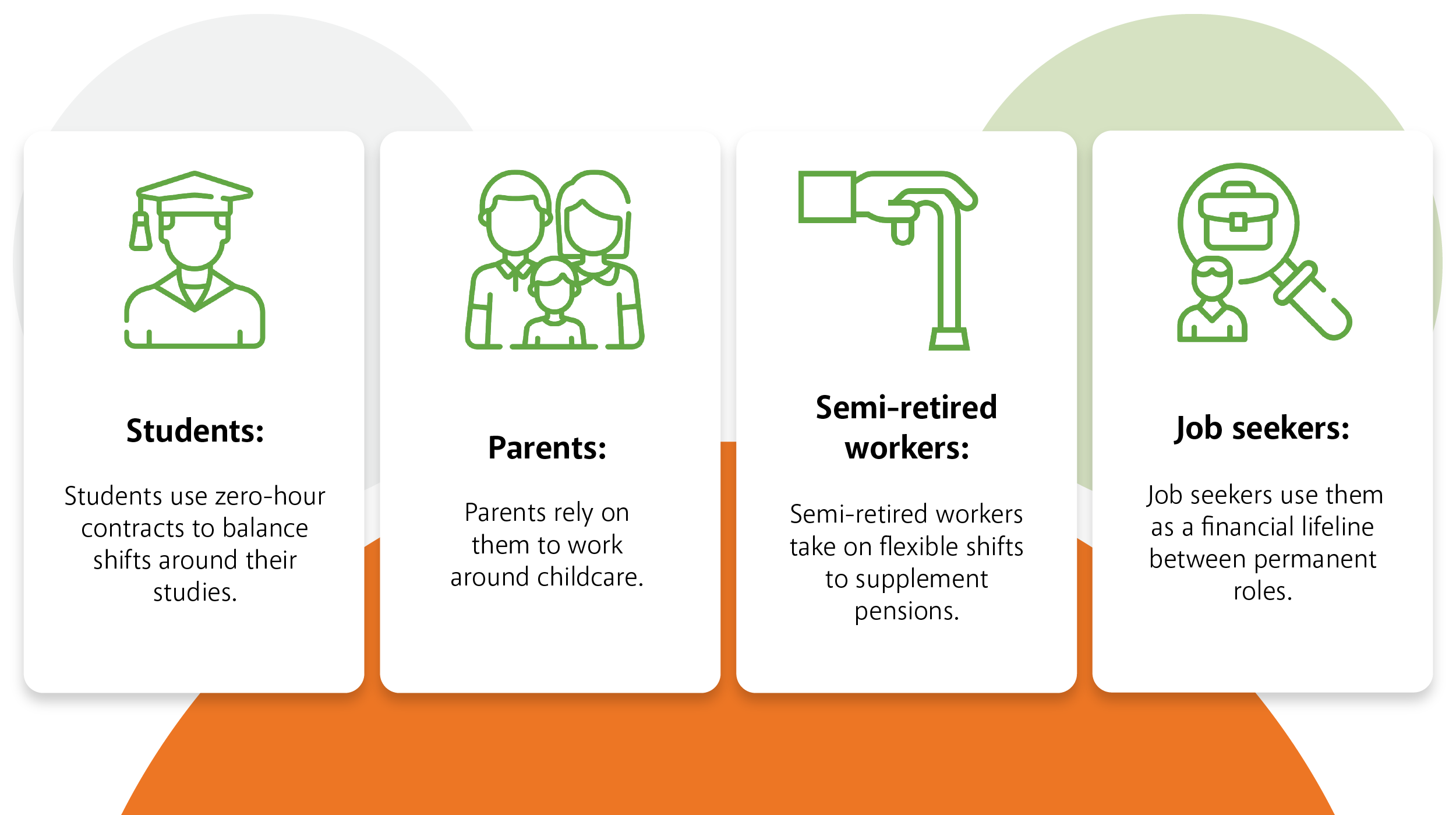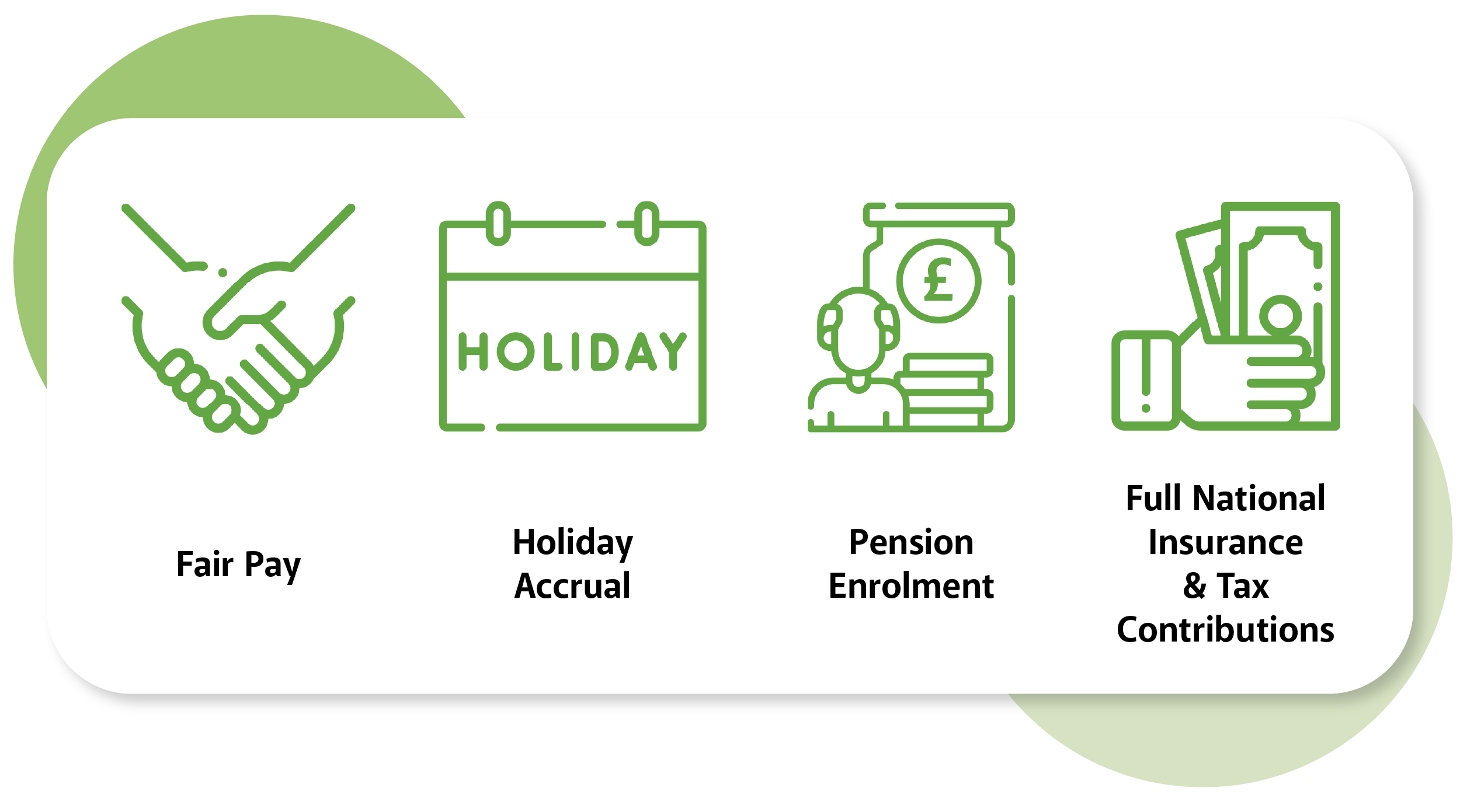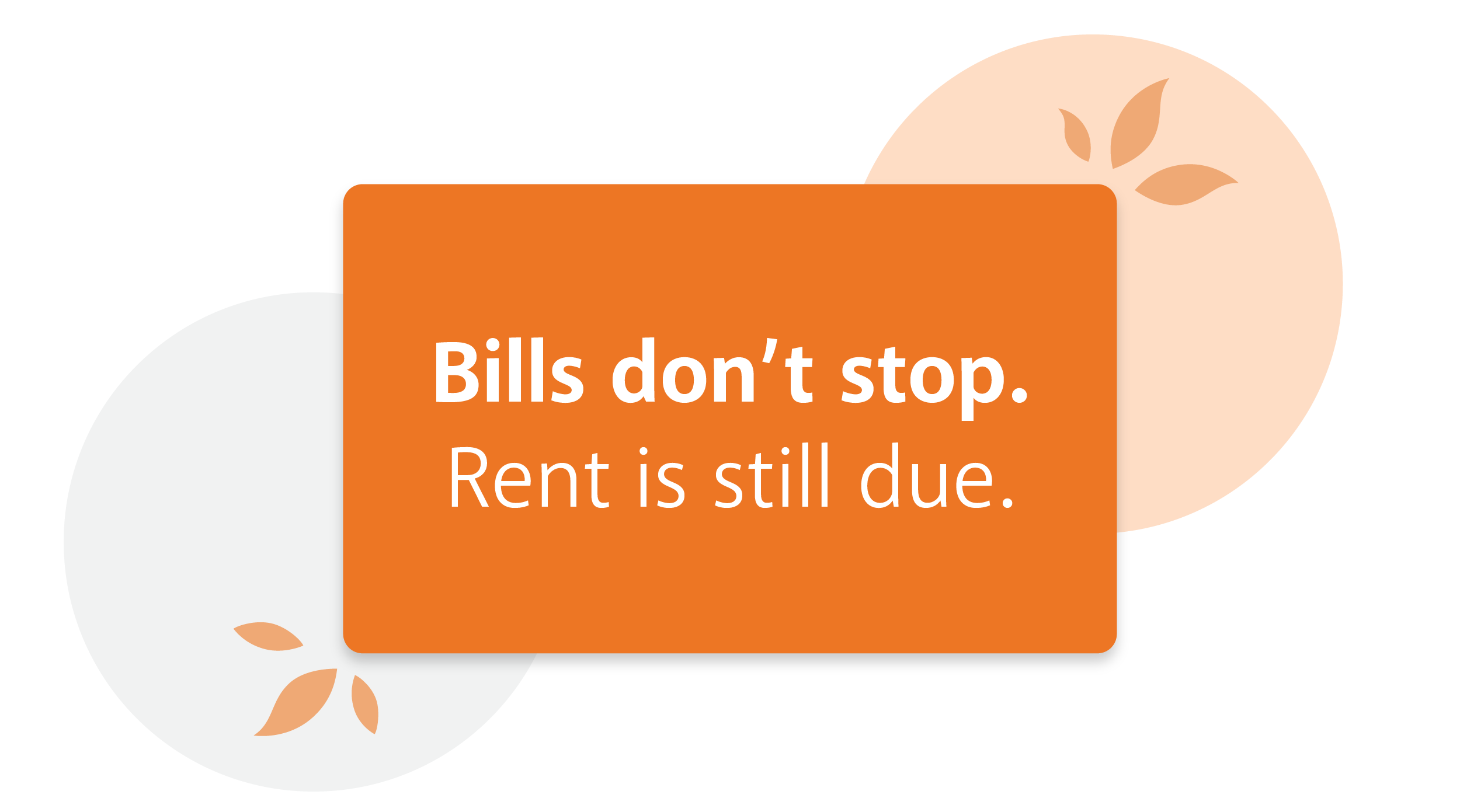2 April 2025
Abolishing Zero-Hour Contracts: The Hidden Cost for Workers
Industry News

Abolishing Zero-Hour Contracts: The Hidden Cost for Workers
Imagine this: You wake up one morning to a call from your employer. The company is closing down. Just like that, your job is gone. No notice, no warning—just uncertainty about how you’ll pay your rent, keep the lights on, or put food on the table. It’s a situation that we see far too often and can happen to anyone.
Every year, we meet hundreds of people in this position. Some have families to support, others have just left a toxic workplace, and many simply need work—fast. At Prime, we always try to focus on the positives of job searching: new opportunities, fresh starts, and better futures. But the reality is, that losing a job or being unemployed can be terrifying. For many, the difference between financial stability and crisis is a matter of days, not weeks. That’s why immediate work opportunities matter. And that’s why zero-hour contracts exist.
The Misconceptions About Zero-Hour Contracts
Zero-hour contracts have become a controversial term, often associated with exploitative employers and unstable work. But what’s rarely talked about is how they provide a vital lifeline for thousands of workers.
Not everyone can wait weeks for Jobseeker’s Allowance (JSA) or Universal Credit to come through. For someone facing unexpected redundancy, a zero-hour contract can mean the difference between making this month’s rent or falling behind. Whilst zero hour contracts don’t guarantee hours, for many this flexibility is a necessity:
- Students use zero-hour contracts to balance shifts around their studies.
- Parents rely on them to work around childcare.
- Semi-retired workers take on flexible shifts to supplement pensions.
- Job seekers use them as a financial lifeline between permanent roles.

According to the Office for National Statistics (ONS), around 3.7% of the UK workforce (over one million people) were on zero-hour contracts in 2024 (ONS, 2024). Many choose them because they work for their personal circumstances, for example 79%, almost eight in ten people say temporary work provides an important need for flexibility for them. (REC: Voice of the Worker)
What Happens If They’re Abolished?
The Labour Party has pledged to ban zero-hour contracts as part of its planned Employment Rights Bill (Labour Manifesto, 2024). The proposal includes replacing them with guaranteed-hour agreements to provide more job security. In theory, this sounds like a positive step. In practice, it could lead to fewer job opportunities.
Small businesses and industries with fluctuating demand rely on zero-hour contracts to adapt to economic uncertainty. If they are forced to guarantee hours, many may cut back on hiring or reduce workforce flexibility. The quick turnaround that agencies like ours provide—helping people get back to work in days rather than weeks—could become impossible.
The Government’s own consultation on this issue has acknowledged that some workers value flexibility over fixed contracts (UK Parliament Report, 2023). So why take away that choice?
Who Really Loses Out?
Some argue that banning zero-hour contracts will improve workers' rights. But will it really help the people who need work most?
- Ethical recruitment agencies may struggle to offer temporary placements, reducing access to quick income.
- Job seekers may be left waiting for benefits, which take weeks to process, rather than finding immediate work.
- Businesses in hospitality, retail, manufacturing and healthcare may hire fewer staff, increasing pressure on existing workers

Recruitment agencies like ours ensure workers receive fair pay, holiday accrual, pension enrolment, and full National Insurance and tax contributions. We comply with all employment laws to protect workers. But if zero-hour contracts are abolished, the safety net of flexible work could disappear for thousands of people.
The Bigger Picture
When discussing the removal of zero-hour contracts, it’s important to consider what alternatives exist for those who suddenly find themselves without work. While benefits like Universal Credit and Jobseeker’s Allowance are designed to provide support, they come with strict eligibility criteria, waiting periods, and financial limitations. Many people simply can’t afford to rely on them alone, making access to temporary work a crucial safety net.
- Jobseeker’s Allowance (JSA) takes at least two weeks to process and pays a maximum of £84.80 per week (Gov.uk)
- Universal Credit is means tested and has a five-week waiting period, with loans available that must be repaid (Gov.uk)
- Statutory Redundancy is only applicable to employees that were with the company for two years and has a six-week processing period. (Gov.uk)
For many, waiting for benefits isn’t an option. Bills don’t stop. Rent is still due. This is where zero-hour contracts play a crucial role, bridging the gap between jobs and preventing financial hardship.

A Final Thought
There’s no doubt that zero-hour contracts can be misused. But banning them outright is not the solution. Instead, regulation and enforcement should target the businesses that exploit workers while preserving the flexibility that so many people rely on.
So, before zero-hour contracts are scrapped, we need to ask: What happens to the workers who need immediate income? The businesses that depend on temporary staff? The agencies that ensure fair employment?
Abolishing zero-hour contracts doesn’t just affect businesses—it affects real people, in real situations, who need real solutions. Without them, many could be left without a safety net when they need it most.
We’ve joined the REC campaign Temp Work Works to support those who rely on temporary work. If temporary work has helped you—whether by providing flexibility, supporting you through a tough time, or opening new career opportunities—we’d love to hear your story. Share your experience with us at
To learn more about the REC’s campaign and how they’re advocating for temporary workers, visit their Voice of the Worker page.

Sources:
Office for National Statistics (ONS): UK Labour Market May 2024:
https://www.ons.gov.uk/releases/uklabourmarketmay2024
Gov.uk: Universal Credit:
https://www.gov.uk/universal-credit
Gov.uk: Jobseeker’s Allowance:
https://www.gov.uk/jobseekers-allowance
Gov.uk: Statutory Redundancy:
https://www.gov.uk/redundancy-...
Gov.uk: Employment Rights Bill:
https://www.gov.uk/government/news/what-does-the-employment-rights-bill-mean-for-you?
House of Commons Library: Zero-Hour Contracts:
https://researchbriefings.files.parliament.uk/documents/SN06553/SN06553.pdf

